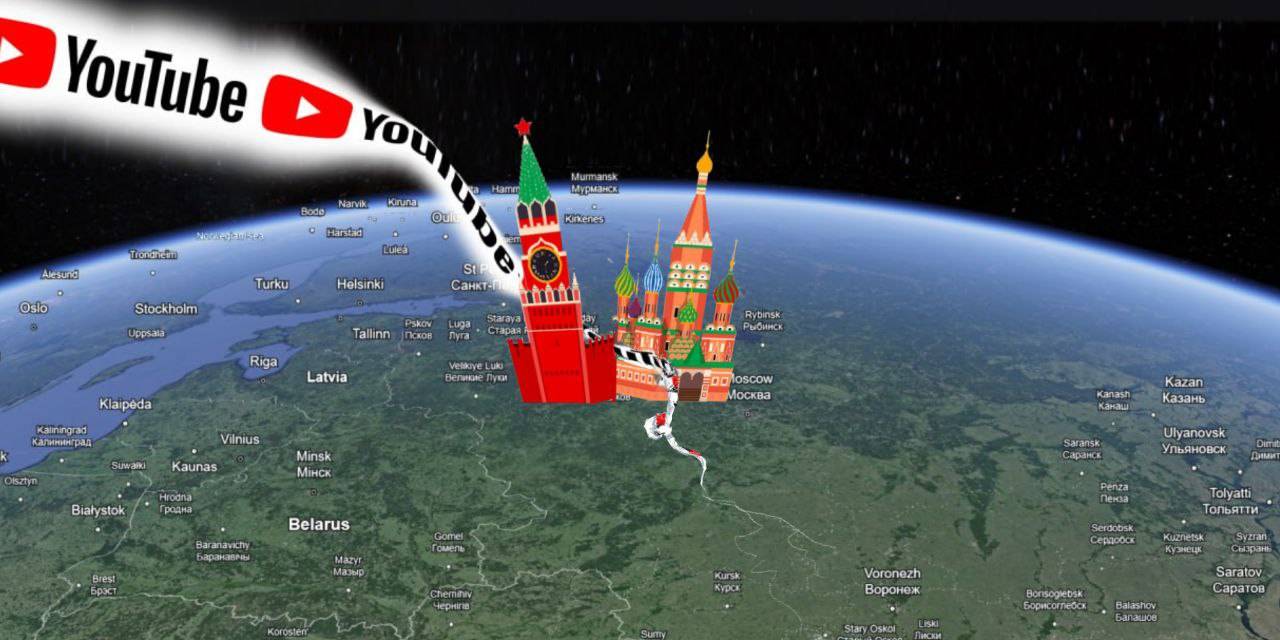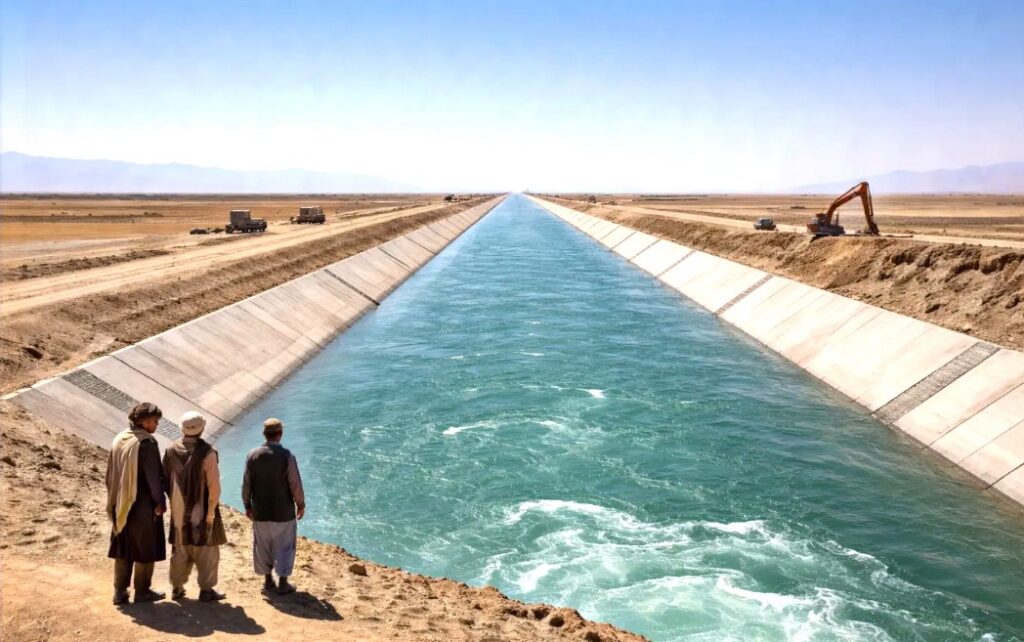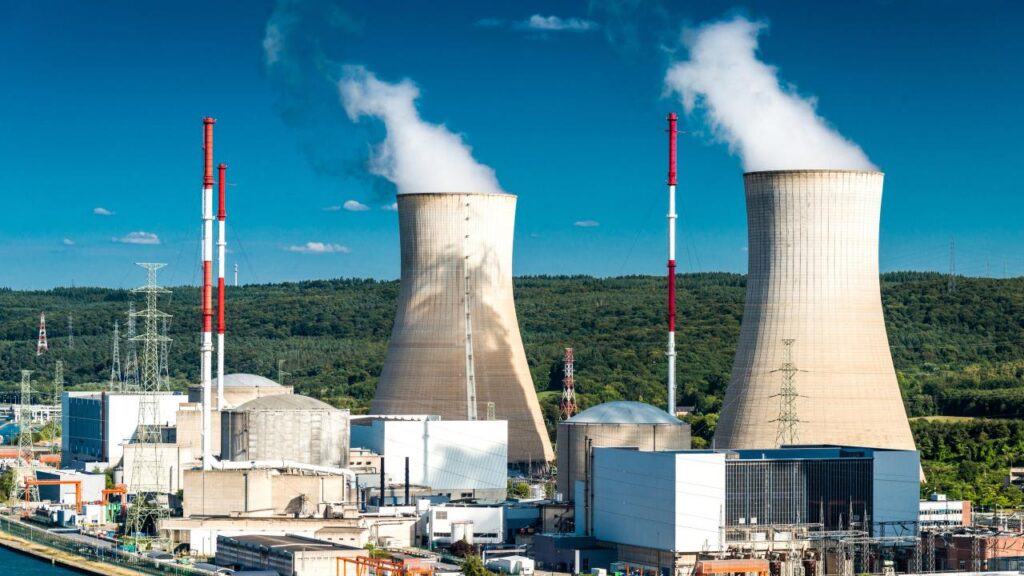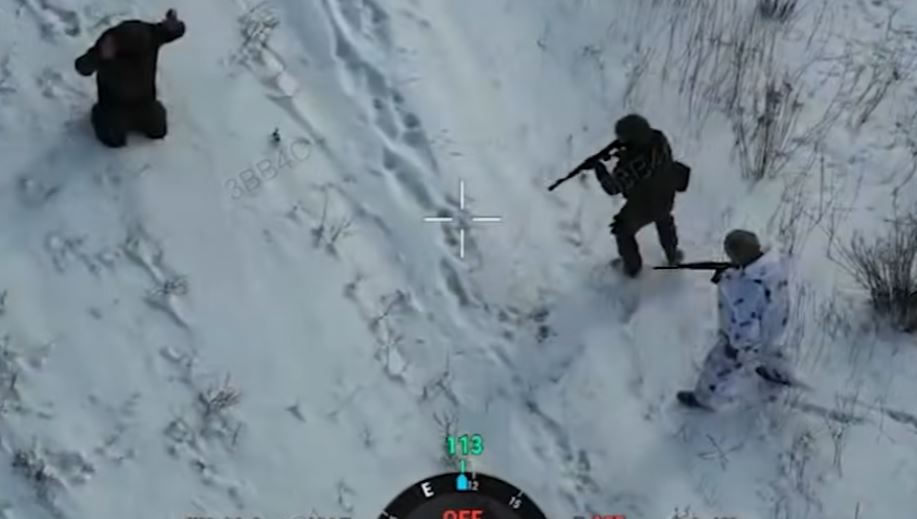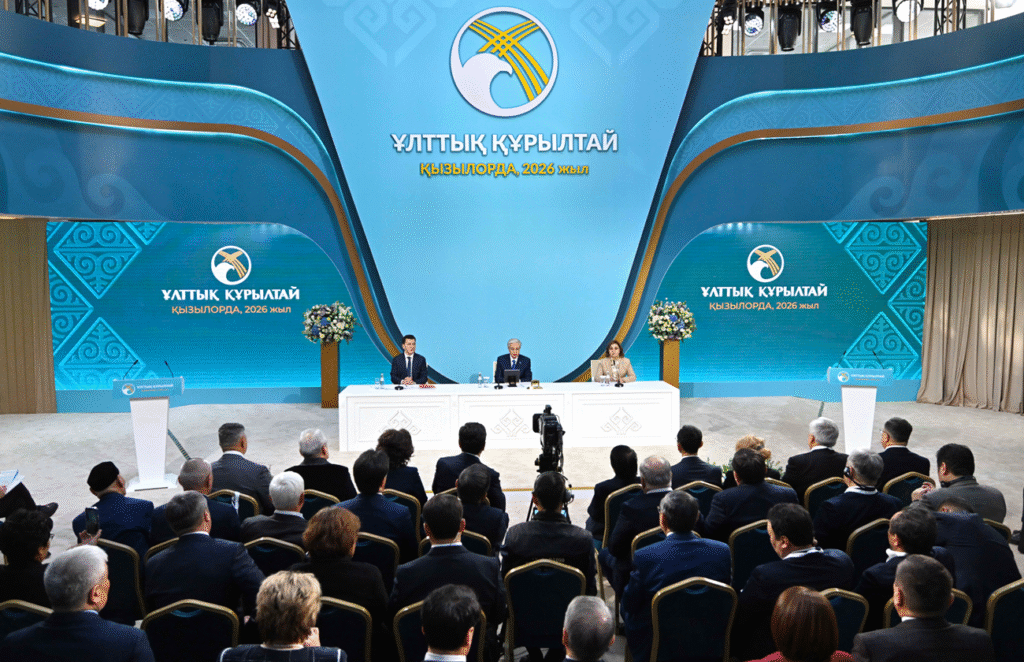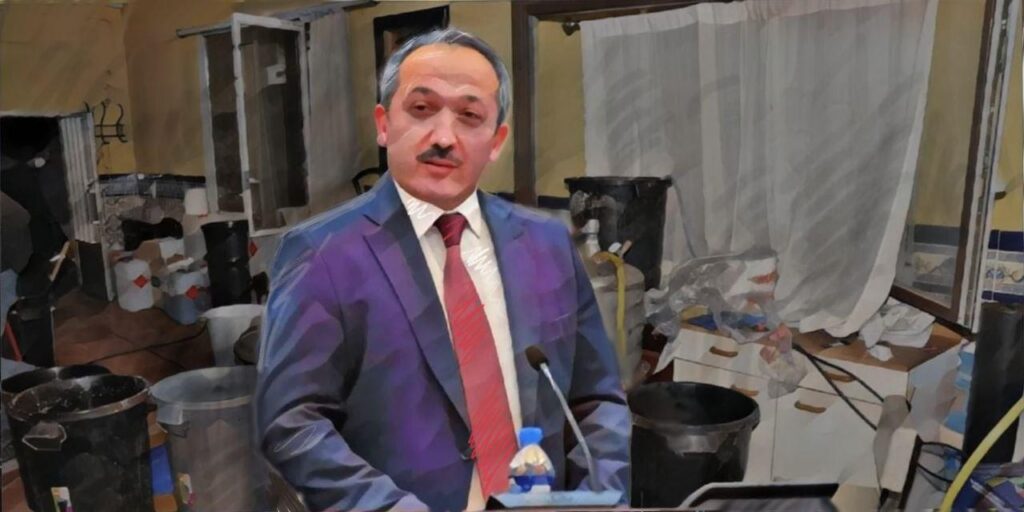According to numerous reports, including stories from emigre journalists formerly of the radio station, ECHO who now broadcast out of Lithuania, Russia’s purported throttling of YouTube is affecting swathes of the platform’s users across Central Asia. On forums and social media, users have complained that the site is not working properly. This comes as the authorities in Russia are attempting to wean its citizens off of YouTube, one of the sole remaining sources of uncensored news, and onto its replacement, RuNet, as part of a wider drive towards “internet isolation.”
In a press release to state-owned news agency, TASS, the Russian Foreign Ministry stated that “YouTube is not a neutral platform, it works out the political directives of Washington. In addition, YouTube ignores Roskomnadzor’s demands to remove over 60,000 materials with violations.” Deputy Chairman of the State Duma Committee on Industry, Construction and Science-Intensive Technologies, former journalist Aleksandr Khinshtein has also stated that the “degradation” of YouTube. is a “forced step aimed not against Russian users, but against the administration of a foreign resource, which still believes that it can violate and oppose our legislation with impunity.” Khinshtein, an architect of legislation targeting the LGBT+ community for being an “element of hybrid warfare” against Russia, is subject to sanctions in the UK for his part in Russia’s war in Ukraine.
Despite these open admissions, however, the Kremlin has also sought to lay the blame for the disruption on Google for using “grey and semi-criminal schemes” to manage server payments, which have caused its local subsidiary to go bankrupt.
In the meantime, caught in the crosshairs of this wider battle, some users across Central Asia are continuing to have problems accessing the platform, with speeds down by as much as 70%.
